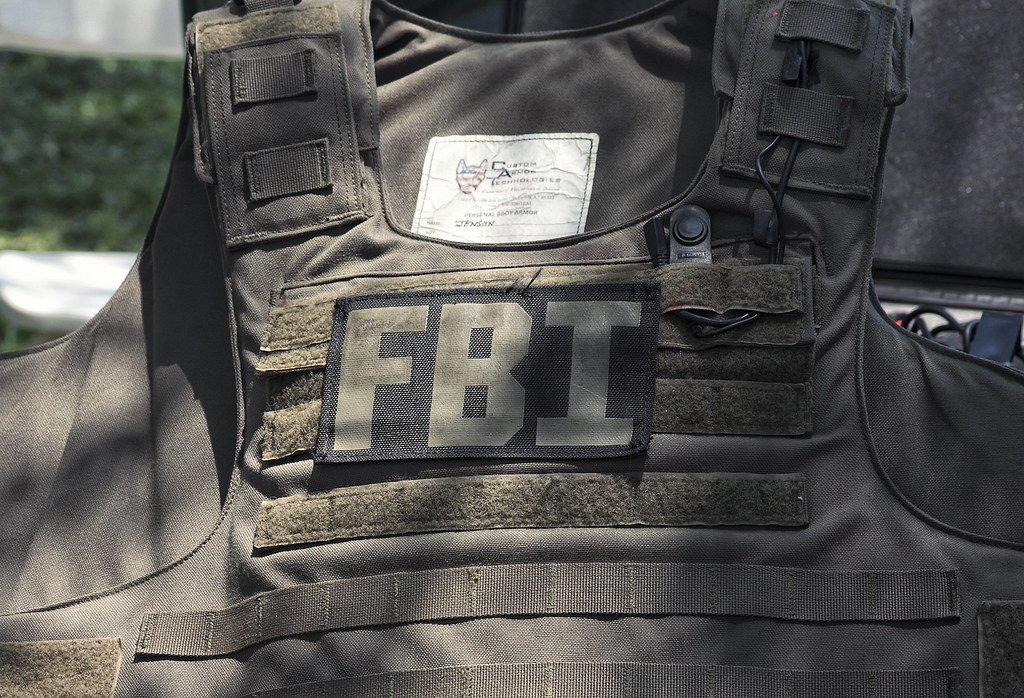Key Takeaways
• Thousands of veterans are wrongly listed as “likely criminals.”
• The FBI titling error keeps service members from jobs and trips.
• Military investigators often mark veterans as suspects without charges.
• Lawsuits aim to clear names and change the system.
FBI Titling Error and Its Impact on Veterans
A confusing military file process now hurts many veterans. The FBI titling error lists them as subjects in criminal reports. Yet they never faced court or charges. As a result, background checks flag their names. Consequently, employers and schools turn them away. Moreover, some parents cannot chaperone their kids on field trips. For many, the mistake feels humiliating. They served their country, yet the record brands them criminals. This damage often lasts years. Veterans struggle to find work, rent homes, or get security clearances. In effect, the FBI titling error clouds their futures.
Why the FBI Titling Error Happened
In 2023, military leaders tried to avoid another Church shooting mistake. After the tragic 2017 attack, they overcorrected. Investigators listed anyone they looked into as a “subject.” That term then fed into an FBI database. This system change made every probe look like a criminal case. However, many probes led to no charges or convictions. Instead, the simple act of investigation created a permanent label. Because of this, thousands of men and women now face hurdles.
How the FBI Titling Error Shuts Veterans Out
First, an employer runs a background check. Next, the FBI’s database shows an “arrest or custody” remark. Even if that entry comes from a routine inquiry, it looks like a criminal charge. As a result, employers often reject the application. In addition, schools and daycares deny volunteer requests. Some landlords refuse to rent apartments. Veterans say they feel powerless. They cannot explain the mistake quickly. Meanwhile, the record stays live and visible.
A Texas mom and National Guard member, Denise Rosales, fought the error. In Kuwait, she faced a minor alcohol inquiry. An Army agent fingerprinted her. Still, she only earned an administrative warning. Yet background checks now report she was “arrested or received” into custody. Since then, she lost job offers and school trips with her children. She says the label has been both unfair and humiliating.
Legal Challenges to Fix the Error
Lawyers have filed lawsuits to clear these records. Denise Rosales and others claim the FBI titling error violates their rights. Attorneys argue that investigators lack the power to create criminal histories without court proof. They say the system assumes guilt until proven innocent. One veteran’s lawyer notes that young agents make big decisions. However, those decisions follow service members for life. Veterans now demand a record review and correction process. They hope the courts will force the military and FBI to drop false entries. This legal fight could reshape how military probes feed civilian databases.
Steps to Clear Your Record
If you suspect the FBI titling error affects you, act fast. First, request your official military criminal history. You can ask the Army Criminal Investigation Division for details. Then, obtain your FBI identity history summary. Fill out the form and provide fingerprints. Next, review both reports for any “subject” notations. If you find a listing, gather all case documents. Finally, contact a lawyer experienced in military justice. They can help you file paperwork to remove the false entry. Although the process takes time, many veterans succeed in clearing their names.
What’s Next for Service Members
In the coming months, Congress may review this issue. Lawmakers could force the Defense Department to change its record practices. Meanwhile, more veterans may file lawsuits. Each case adds pressure for reform. If the rules change, future recruits will avoid this trap. At the same time, current veterans could see quick fixes. However, until then, many will keep fighting to restore their reputations. For now, awareness remains key. Veterans must know their rights and the steps to correct errors. Only then can they move forward without a false criminal mark.
Frequently Asked Questions
What is the FBI titling error?
It happens when military investigations label service members as “subjects” and feed that into the FBI’s criminal database. Even without charges, the database treats them as suspects.
How can veterans check if the error affects them?
They can request their military criminal history and their FBI identity history summary. Comparing these documents reveals any incorrect “subject” entries.
What legal steps clear a false record?
Veterans gather case paperwork, then work with a lawyer to file for removal. They must show the investigation led to no charges or convictions.
Will system reforms stop future errors?
Lawmakers plan to review military record rules. If changes pass, investigators may no longer create criminal entries without court action.
